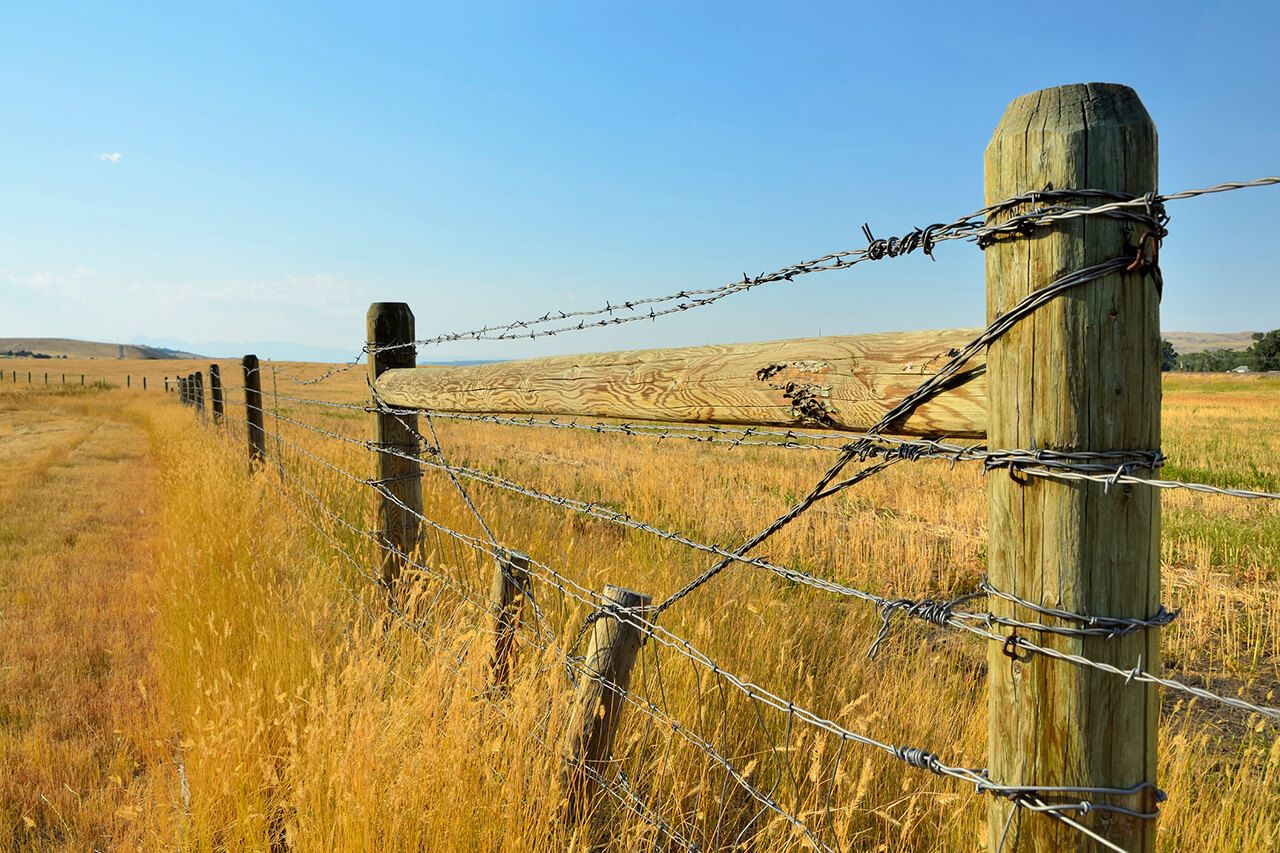

Articles
How Much Does A Barbed Wire Fence Cost
Modified: February 23, 2024
Looking for information on the cost of a barbed wire fence? Check out these articles for helpful tips and insights.
(Many of the links in this article redirect to a specific reviewed product. Your purchase of these products through affiliate links helps to generate commission for Storables.com, at no extra cost. Learn more)
Introduction
When it comes to securing and protecting your property, a barbed wire fence is an effective and reliable option. Whether you’re looking to keep livestock contained or deter trespassers, a barbed wire fence can provide the necessary security and peace of mind. However, before embarking on this project, it’s essential to understand the cost implications involved.
In this article, we will explore the factors that affect the cost of a barbed wire fence, provide an estimate of the average cost, and discuss the materials and labor involved. Additionally, we will highlight any additional costs to consider and weigh the pros and cons of DIY installation versus hiring a professional. By the end of this article, you will have a comprehensive understanding of the cost considerations associated with installing a barbed wire fence.
So, let’s dive in and explore how much a barbed wire fence might cost for your property.
Key Takeaways:
- Installing a barbed wire fence can cost between $1.50 to $3.50 per linear foot, with factors like area size and material quality influencing the overall expense.
- Consider the pros and cons of DIY installation versus hiring a professional to ensure a successful and cost-effective barbed wire fence installation.
Read more: How To Install A Barb Wire Fence
Factors Affecting the Cost of a Barbed Wire Fence
Several factors contribute to the overall cost of installing a barbed wire fence. Understanding these factors will help you estimate and plan your budget accordingly. Let’s take a closer look at the key elements that influence the cost:
- Size of the Area: The size of the area to be fenced plays a significant role in determining the cost. A larger area will require more materials and labor, resulting in a higher overall expense.
- Type of Barbed Wire: There are various types of barbed wire available in the market, each with different specifications and costs. Higher-quality or specialized barbed wire may be more expensive.
- Number of Barbs: The number of barbs on the wire affects both the material and labor costs. More barbs typically mean a higher cost.
- Accessibility: The accessibility of the installation site can impact the cost. If the location is challenging to reach or requires additional equipment, it may result in higher labor expenses.
- Ground Conditions: The condition of the ground where the fence will be installed can also affect the cost. If the terrain is uneven or requires additional preparation, it can lead to increased labor and equipment costs.
- Permits and Regulations: It’s crucial to research and understand any permits or regulations that may be required for fence installation. Obtaining necessary permits or adhering to specific building codes can add to the overall cost.
- Customization: If you have specific customization requirements, such as additional security features or decorative elements, it may raise the cost. Customization often involves specialized materials and increased labor.
These factors collectively influence the cost of a barbed wire fence installation. By considering these aspects, you can develop a clearer understanding of the budget you’ll need to allocate for your specific fencing project.
Average Cost of a Barbed Wire Fence
The average cost of a barbed wire fence can vary significantly depending on several factors, including the size of the area, the type of barbed wire used, and the labor charges in your region. However, to provide you with a rough estimate, we will outline some average costs for a typical barbed wire fence installation.
On average, the cost per linear foot for a barbed wire fence ranges from $1.50 to $3.50. This cost includes both materials and labor. Keep in mind that these figures are approximate and can vary depending on the aforementioned factors. For instance, if you opt for higher-quality barbed wire or have specific customization requirements, the cost per linear foot may increase.
For a standard-sized property, say around 1 acre, the total cost of installing a barbed wire fence can range from $2,500 to $6,000 or more. Again, this estimation is based on average costs and can be affected by the specific factors mentioned earlier.
It’s important to note that these figures are just estimates and can vary based on your location and the specific details of your project. For a more accurate cost assessment, we recommend obtaining quotes from reputable fencing contractors in your area.
Now that you have an idea of the average cost, let’s explore the breakdown of the materials and labor charges involved in installing a barbed wire fence.
Cost of Materials for a Barbed Wire Fence
The cost of materials is a significant component of the overall expense when installing a barbed wire fence. Understanding the breakdown of these costs will help you estimate your budget more accurately. Here are the main materials typically required for a barbed wire fence:
- Barbed Wire: The primary material needed for a barbed wire fence is, of course, the barbed wire itself. The cost of barbed wire can vary depending on the type and quality you choose. On average, expect to pay between $0.07 and $0.15 per foot of barbed wire. This cost can increase if you opt for specialized or higher-quality barbed wire.
- Line Posts: Line posts provide support and structure for the fence. The number of line posts required depends on the length of the fence. These typically cost around $5 to $10 per post.
- Corner Posts: Corner posts are necessary for sharp turns or angles in the fence. These are typically sturdier and more substantial than line posts. The cost of corner posts ranges from $15 to $30 per post.
- Bracing Materials: Bracing materials, such as braces and tension bands, help reinforce the corners and ensure the fence remains sturdy. These can cost around $10 to $20 per bracing set.
- Gates and Gate Hardware: If you require gates for accessing your fenced area, you will need to factor in the cost of gates and gate hardware. Gate prices can vary depending on the size, material, and type of gate you choose.
In addition to these primary materials, you may also need other supplies such as nails, clips, and fasteners. These smaller items generally have a minimal cost and are usually included in the overall estimate provided by fencing contractors.
Remember that these material costs are estimates based on averages and can vary. It’s always a good idea to get quotes from suppliers or fencing contractors to get a more accurate understanding of the costs involved in sourcing the materials for your barbed wire fence.
Now that we’ve covered the materials, let’s move on to discussing the labor costs associated with a barbed wire fence installation.
Cost of Labor for Installing a Barbed Wire Fence
The cost of labor is another significant factor when considering the total expense of installing a barbed wire fence. Hiring professionals to handle the installation ensures proper construction and saves you time and effort. The labor costs can vary depending on factors such as location, fence complexity, accessibility, and the experience of the fence installation company. Here are some common considerations when estimating the cost of labor:
Hourly Rates: Fence installers typically charge an hourly rate, which can range from $25 to $50 per hour. The number of hours required for the project depends on the size and complexity of the fence.
Per Linear Foot Rates: Some fencing contractors may charge a per linear foot rate, which is usually around $5 to $10 per foot. This method of pricing can give you a more accurate estimation, especially for larger projects.
Site Preparation: If the site requires clearing, leveling, or removing existing structures, it may increase the labor costs. This is because additional time and effort are needed to prepare the area for fence installation.
Experienced Professionals: Hiring an experienced and reputable fence installation company may come at a higher cost. However, their expertise can ensure a high-quality and durable fence installation, providing value for your investment.
It’s important to note that labor costs can also include additional services such as post-hole digging, concrete pouring, and fence alignment. These services may incur extra charges depending on the fence installer.
When planning your budget, it’s recommended to obtain quotes from several fence installation companies and compare the prices and services they offer. This will give you a better understanding of the labor costs involved and help you make an informed decision.
Now that we have discussed the materials and labor costs, it’s essential to consider any additional costs that may arise during the installation process.
When estimating the cost of a barbed wire fence, consider factors such as the length of the fence, the number of strands of wire, the type of posts and braces needed, and any additional materials such as gates. It’s also important to factor in labor costs if you’re hiring a professional to install the fence.
Read more: How Much Does Invisible Fence Cost
Additional Costs to Consider
When estimating the cost of installing a barbed wire fence, it’s important to consider any additional expenses that may arise. These costs can vary depending on your specific project requirements and circumstances. Here are a few potential additional costs to keep in mind:
- Permits and Regulations: Depending on your location and local regulations, you may need to obtain permits for fence installation. Permit fees can vary and should be factored into your budget.
- Site Preparation: If your site requires clearing vegetation, removing obstacles, or leveling the ground, you may need to hire professionals to perform these tasks. Site preparation costs can vary depending on the complexity of the job.
- Demolition and Removal: If there is an existing fence or structure that needs to be demolished and removed before installing the new barbed wire fence, this can incur additional costs.
- Accessories and Security Features: Depending on your needs and preferences, you may want to include accessories and security features such as gates, gate locks, surveillance cameras, or warning signs. These additional features will add to the overall cost.
- Maintenance and Repairs: It’s important to consider the ongoing costs of maintaining and repairing your barbed wire fence. Regular maintenance may include checking and repairing damaged wires, replacing broken posts, or reapplying protective coatings.
It’s crucial to thoroughly discuss your project requirements and potential additional costs with the fencing contractors you are considering. They will be able to provide you with a more accurate estimate based on your specific needs.
Now that we’ve discussed the cost considerations, let’s explore the pros and cons of DIY installation versus hiring a professional.
DIY vs. Hiring a Professional
When it comes to installing a barbed wire fence, you have the option of either tackling the project yourself or hiring a professional fencing contractor. Each approach has its own advantages and disadvantages, which should be carefully considered before making a decision. Let’s explore the pros and cons of DIY installation versus hiring a professional:
DIY Installation:
- Cost Savings: One of the main advantages of DIY installation is the potential cost savings. By eliminating labor costs, you can significantly reduce the overall expense of the project.
- Flexibility: DIY installation allows you to work at your own pace and tailor the project to your specific needs. You have full control over the design and execution of the fence.
- Learning Experience: Taking on a DIY project can be a valuable learning experience. You can acquire new skills and gain a sense of accomplishment from completing the installation yourself.
However, there are also some considerations when choosing the DIY route:
- Time and Effort: Installing a barbed wire fence requires physical labor, time, and effort. It’s crucial to assess whether you have the necessary skills and resources to complete the project successfully.
- Safety Concerns: Working with barbed wire can be hazardous, and improper installation can lead to safety risks. It’s essential to take adequate precautions and follow safety guidelines to avoid accidents.
Hiring a Professional:
- Expertise and Experience: Hiring professionals brings their expertise and experience to ensure a high-quality and reliable fence installation. They have the knowledge to address potential challenges and make recommendations based on your specific needs.
- Time and Convenience: By hiring professionals, you can save time and effort, allowing you to focus on other tasks or responsibilities. They will handle the entire installation process, from planning to completion.
- Quality and Warranty: Professional fencing contractors typically offer warranties on their work, providing peace of mind in case any issues arise with the fence in the future. They also have access to high-quality materials and equipment.
However, hiring a professional also comes with a few considerations:
- Higher Cost: Hiring professionals for the installation will incur additional costs for labor. It’s essential to assess your budget and weigh the advantages of professional expertise against the increased expense.
- Dependency on Contractors: When entrusting the project to professionals, you rely on their availability and scheduling. It’s important to communicate your timeline and expectations clearly to ensure a smooth process.
Ultimately, the decision between DIY installation and hiring a professional depends on your level of comfort, available resources, and the complexity of the project. Assess your skills, time availability, and budget to make an informed choice that best suits your needs.
Finally, let’s take a look at the benefits of installing a barbed wire fence.
Benefits of Installing a Barbed Wire Fence
Installing a barbed wire fence offers numerous advantages across a variety of applications. Whether you’re a farmer, rancher, or simply seeking to enhance the security of your property, a barbed wire fence can provide several benefits. Let’s explore some of the key advantages:
- Security and Deterrence: Barbed wire fences are known for their ability to deter intruders and unwanted animals. The sharp barbs act as a strong deterrent, effectively keeping out trespassers and preventing livestock from wandering off.
- Boundary Establishment: A barbed wire fence clearly marks the boundaries of your property. This can help resolve disputes and avoid conflicts with neighboring properties.
- Livestock Containment: If you have livestock such as cattle, horses, or sheep, a barbed wire fence provides an effective means of containment. It keeps your animals safely confined to designated areas and protects them from wandering into potentially dangerous or restricted areas.
- Cost-Effective Choice: Barbed wire fences are generally cost-effective compared to other fencing options, while still providing a high level of security. They are durable and require minimal maintenance, making them a long-term investment.
- Durable and Weather-Resistant: Barbed wire fences are designed to withstand various weather conditions, making them suitable in different climates. They are typically constructed with galvanized steel, ensuring durability and resistance to rust and corrosion.
- Customizable Options: Barbed wire fences can be customized to meet your specific needs. Whether you require additional security features, different heights, or special gating systems, a barbed wire fence can be tailored to suit your unique requirements.
- Privacy Enhancement: While barbed wire fences may not provide complete privacy, they can act as a visual deterrent. They restrict the view into your property and add an extra layer of privacy.
By installing a barbed wire fence, you can enjoy the peace of mind that comes with enhanced security, effective livestock containment, and clear property boundaries. Additionally, its cost-effectiveness and customization options make it a practical choice for many property owners.
Before concluding, it’s important to recap the key points we’ve covered in this article about the cost considerations of a barbed wire fence installation.
Conclusion
Installing a barbed wire fence can provide the security and peace of mind you need to protect your property and livestock. However, it’s essential to carefully consider the cost factors involved in order to plan your budget effectively. By understanding the various elements that impact the cost, you can make informed decisions and ensure a successful fence installation.
We explored the factors that affect the cost, from the size of the area to the type of barbed wire and the accessibility of the installation site. Understanding these factors allows you to estimate the average cost of a barbed wire fence, which typically ranges from $1.50 to $3.50 per linear foot.
The cost of materials for a barbed wire fence includes the barbed wire itself, line and corner posts, bracing materials, and gates, among others. Labor costs are another important consideration, with rates varying depending on location and the complexity of the project. Additionally, there are other potential costs to consider, such as permits, site preparation, and ongoing maintenance and repairs.
When deciding between DIY installation and hiring a professional, weigh the advantages and disadvantages of each approach. DIY installation can provide cost savings and flexibility, but it requires time, effort, and proper safety precautions. Hiring a professional brings expertise, convenience, and quality assurance, but comes at a higher cost.
Finally, we explored the benefits of installing a barbed wire fence, ranging from enhanced security and livestock containment to cost-effectiveness and durability.
In conclusion, investing in a barbed wire fence offers a practical and effective solution for protecting your property and ensuring the safety and containment of your livestock. By considering the cost factors and making informed decisions, you can successfully plan and execute your barbed wire fence installation project.
Remember to consult with reputable fencing contractors, obtain multiple quotes, and thoroughly assess your specific needs and requirements. This will ensure that you achieve the desired results and enjoy the long-term benefits of a well-constructed and secure barbed wire fence.
Frequently Asked Questions about How Much Does A Barbed Wire Fence Cost
Was this page helpful?
At Storables.com, we guarantee accurate and reliable information. Our content, validated by Expert Board Contributors, is crafted following stringent Editorial Policies. We're committed to providing you with well-researched, expert-backed insights for all your informational needs.
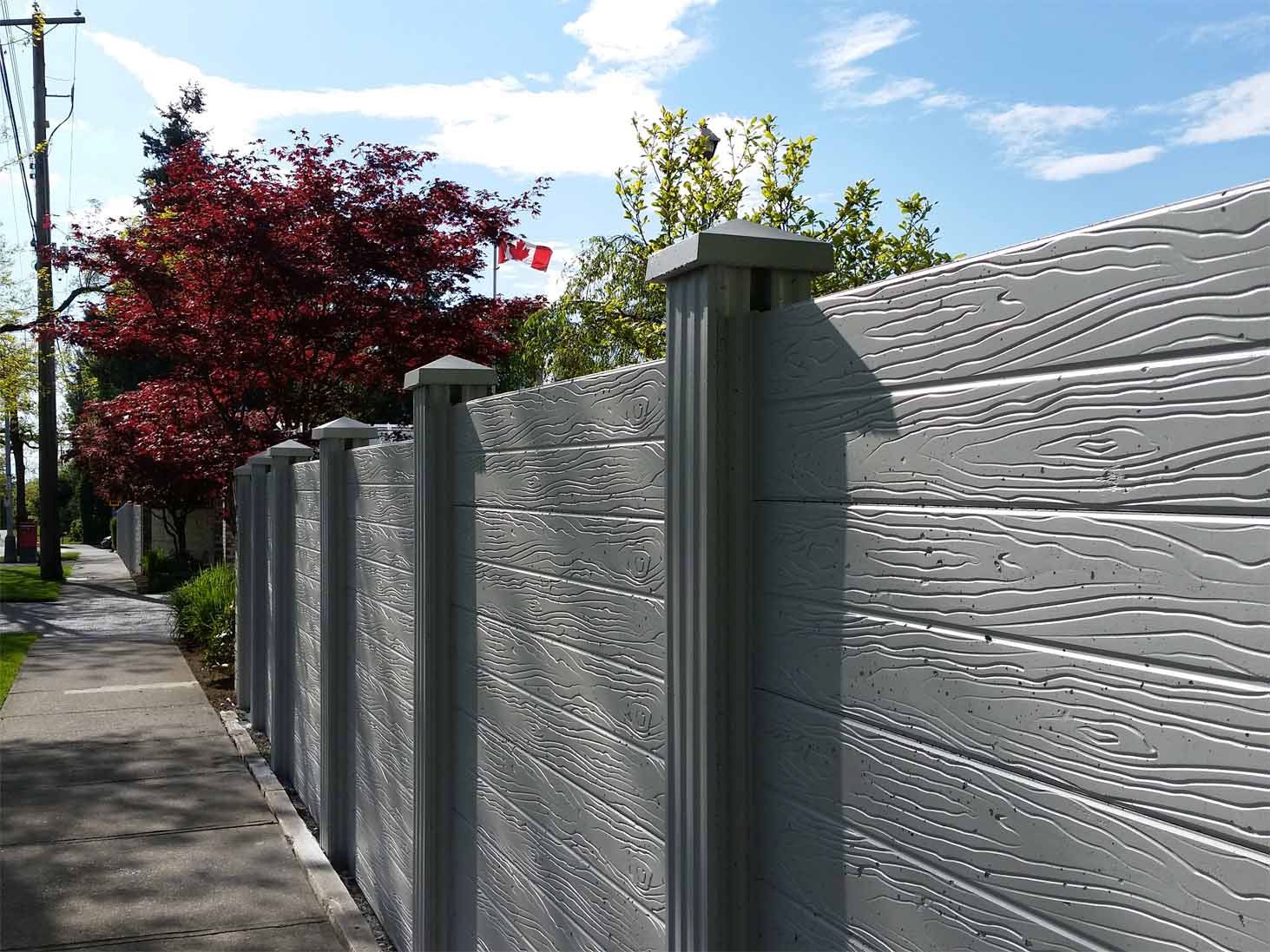
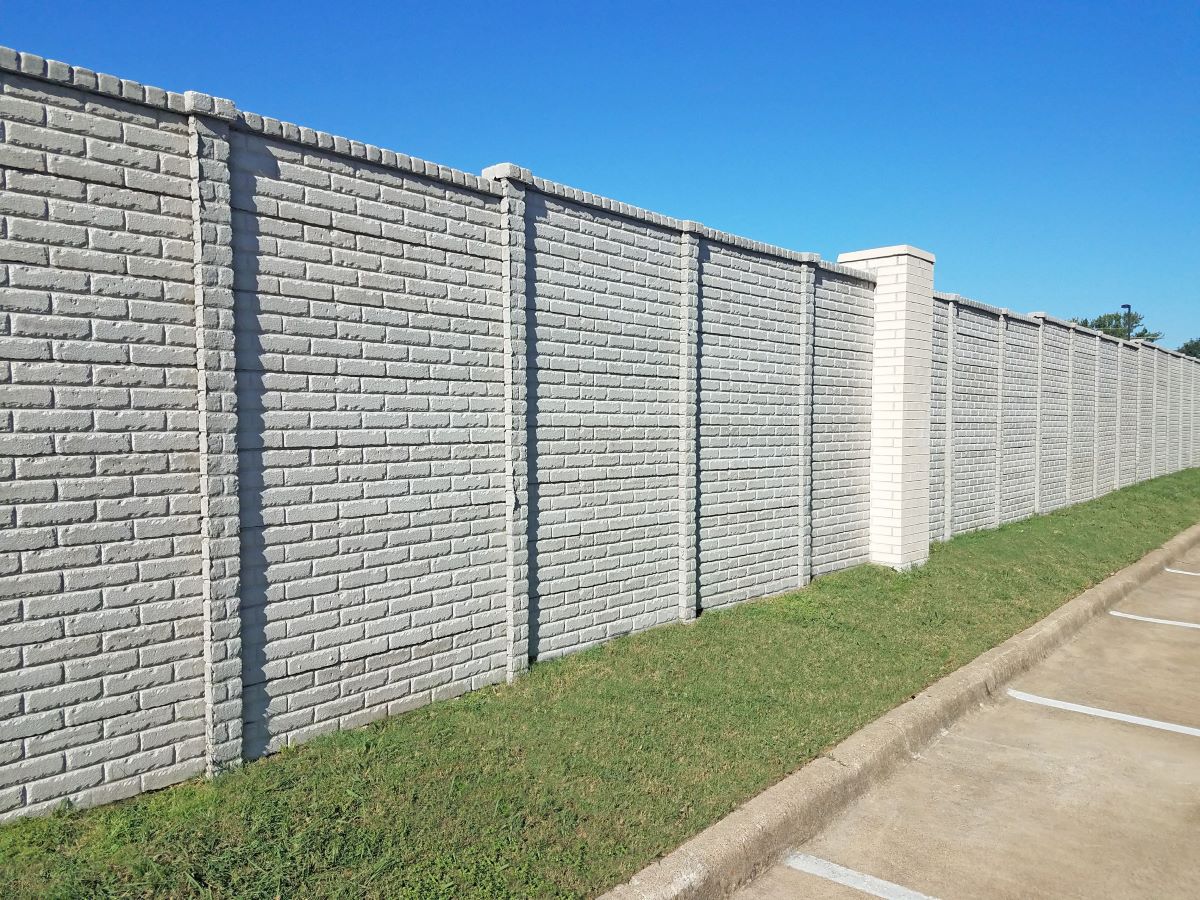
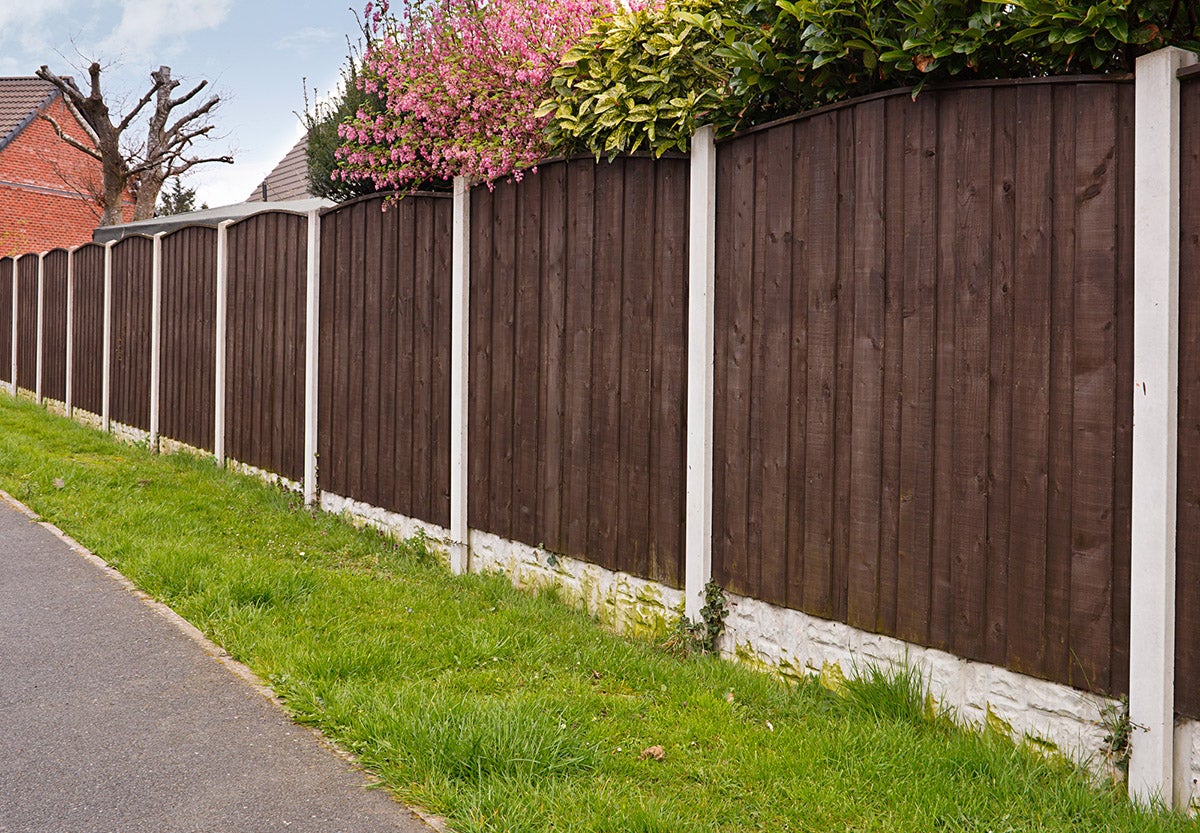
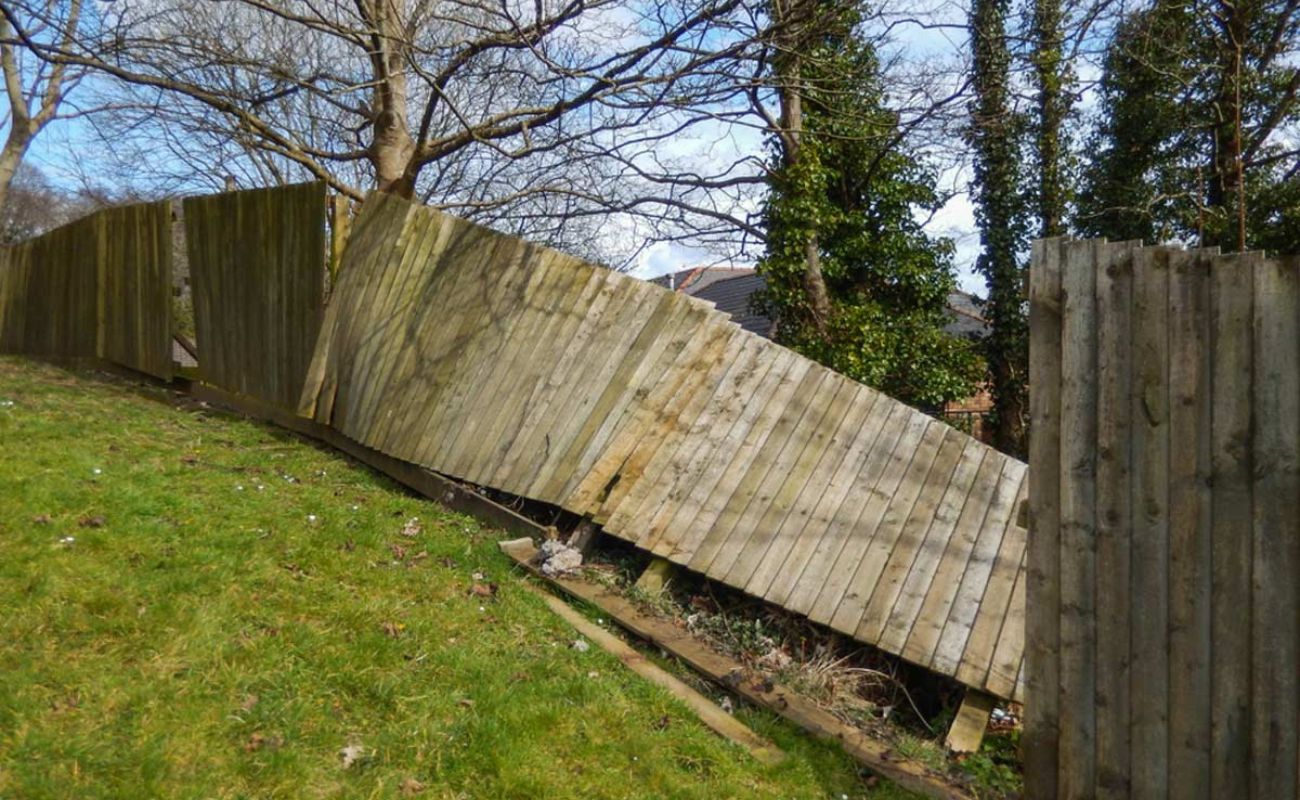
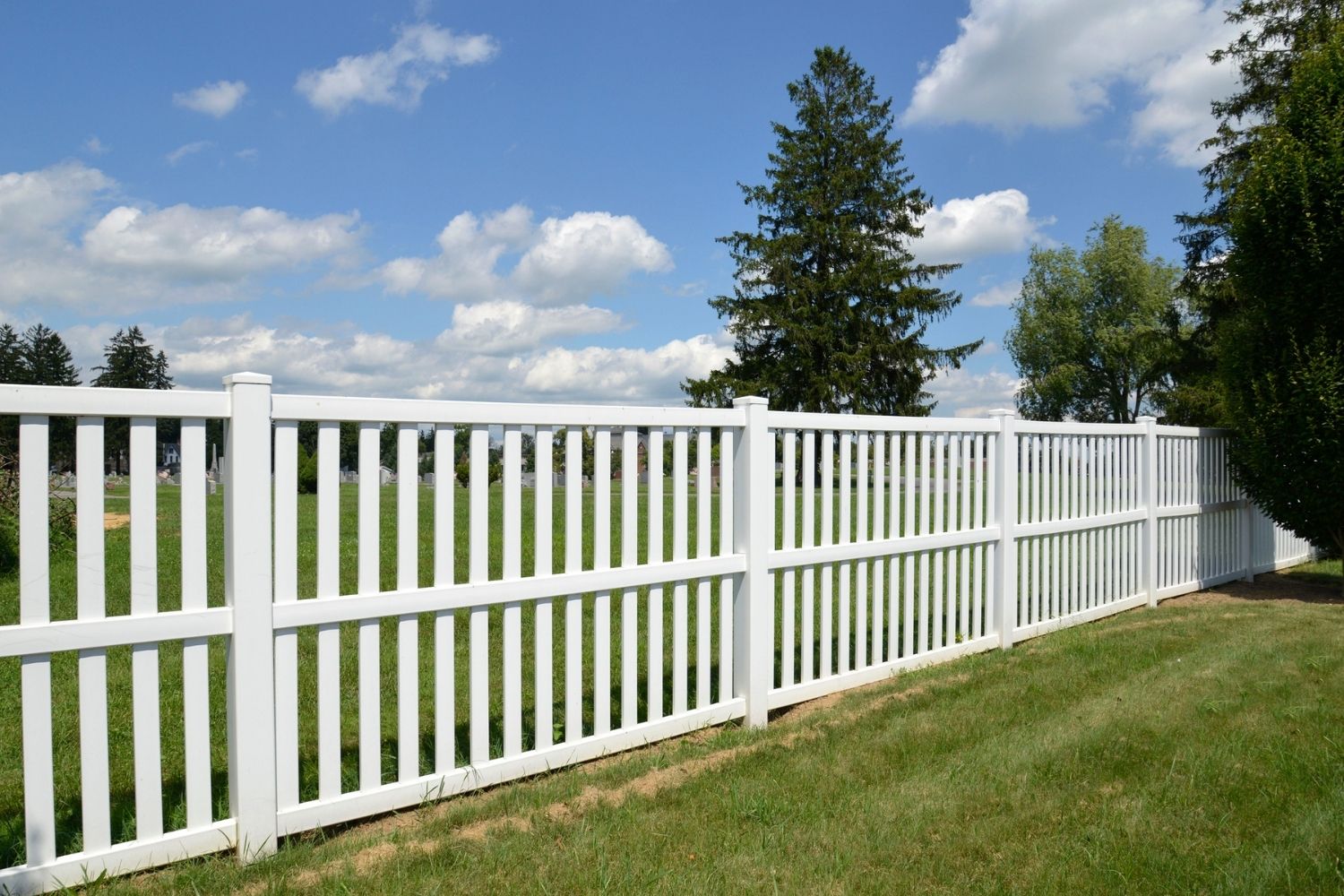
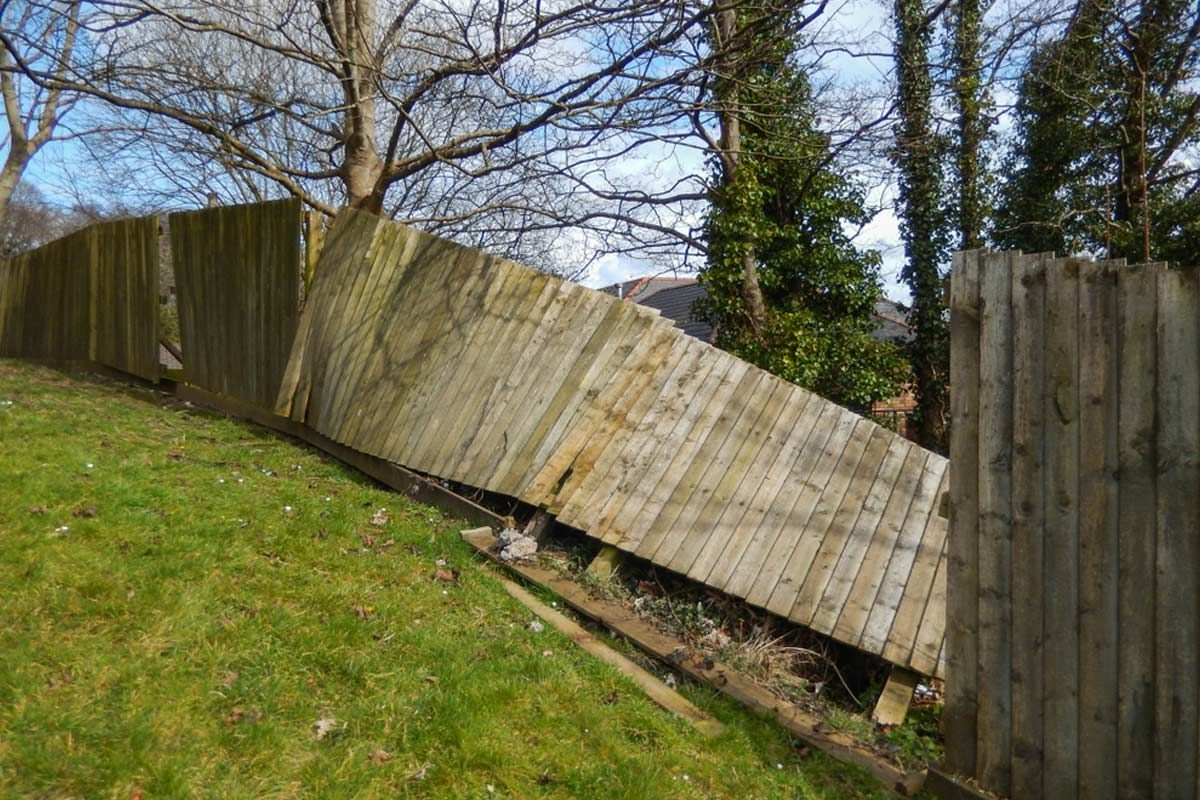
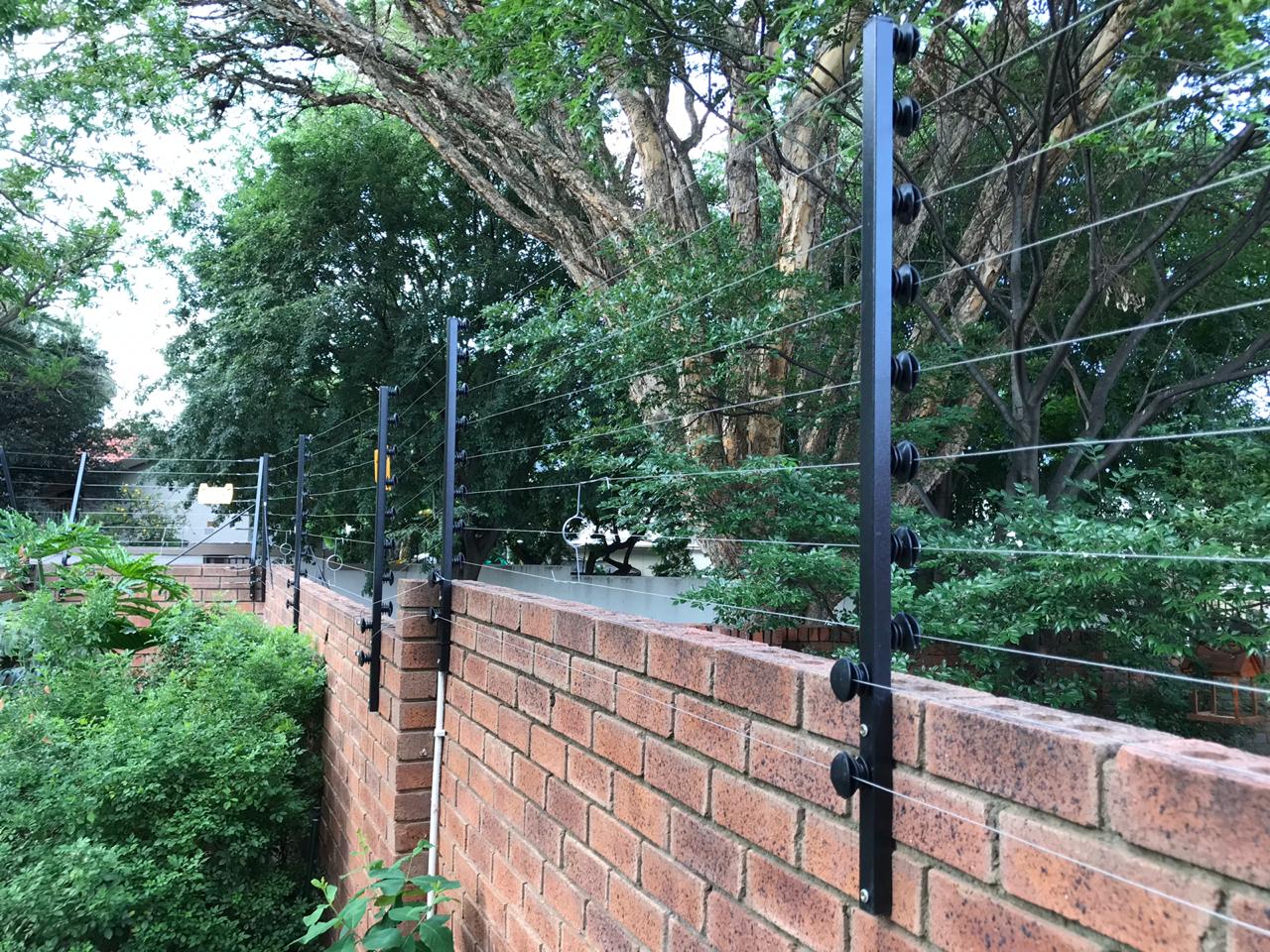
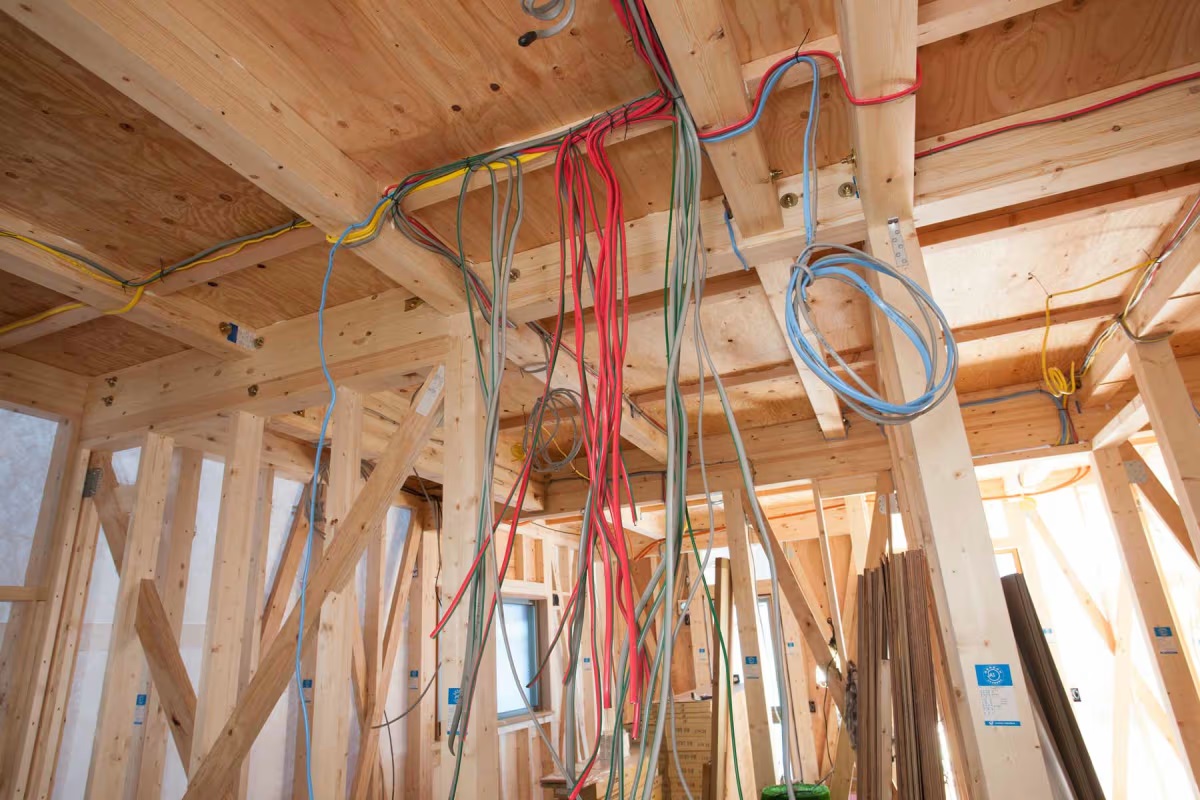
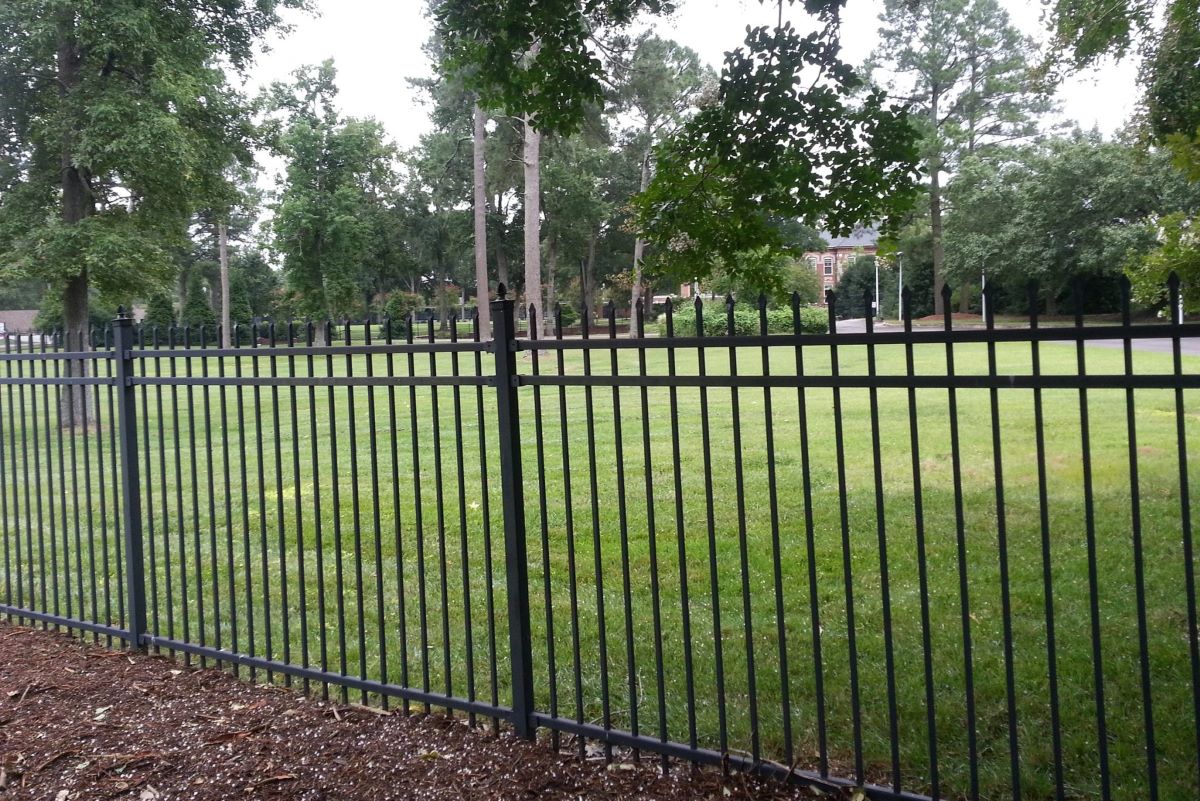
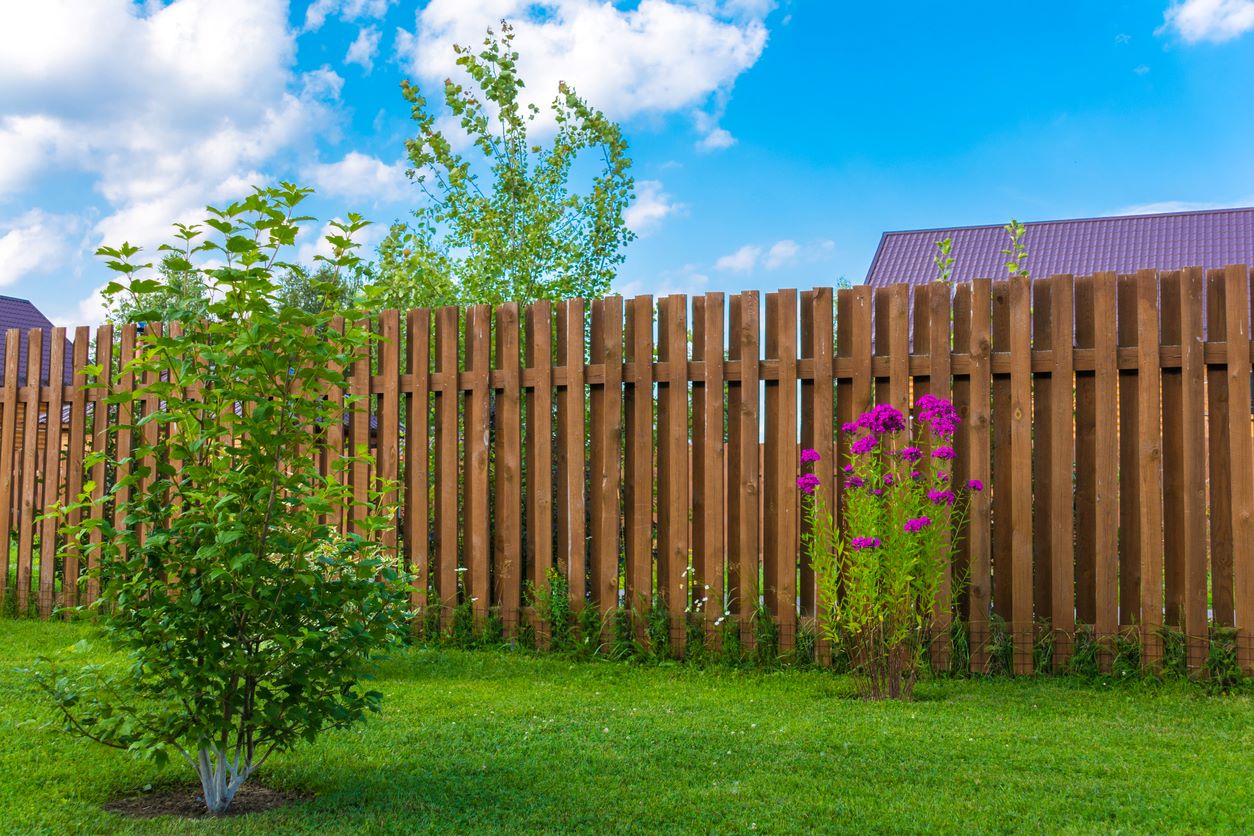
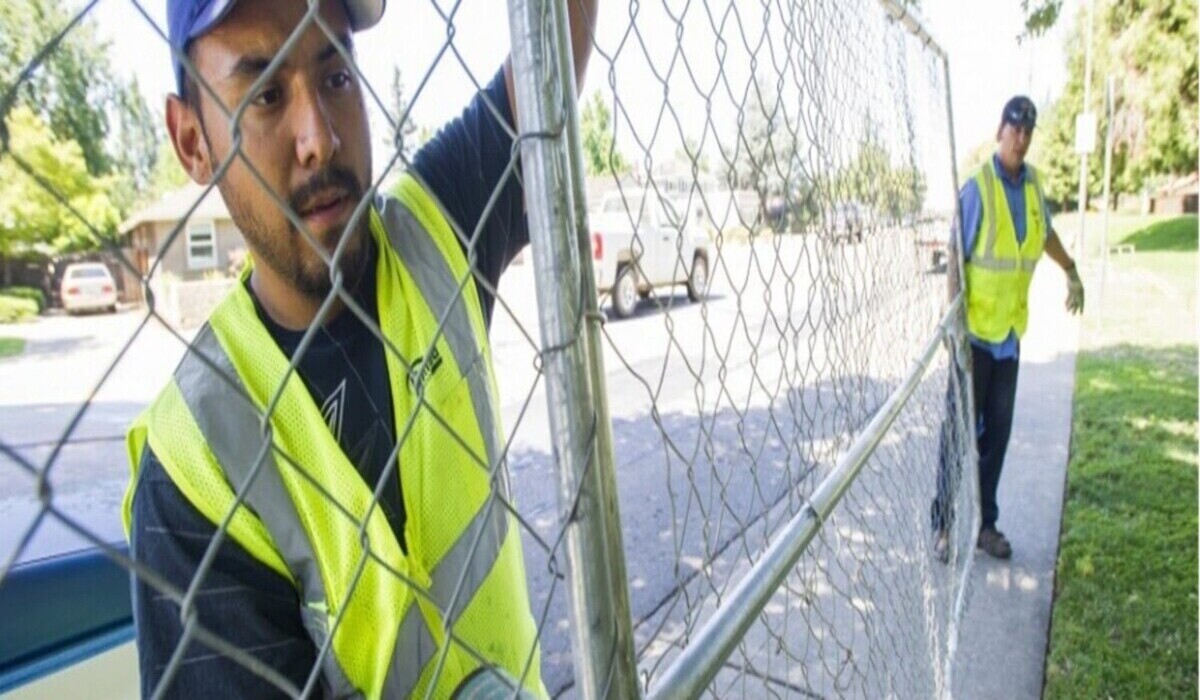
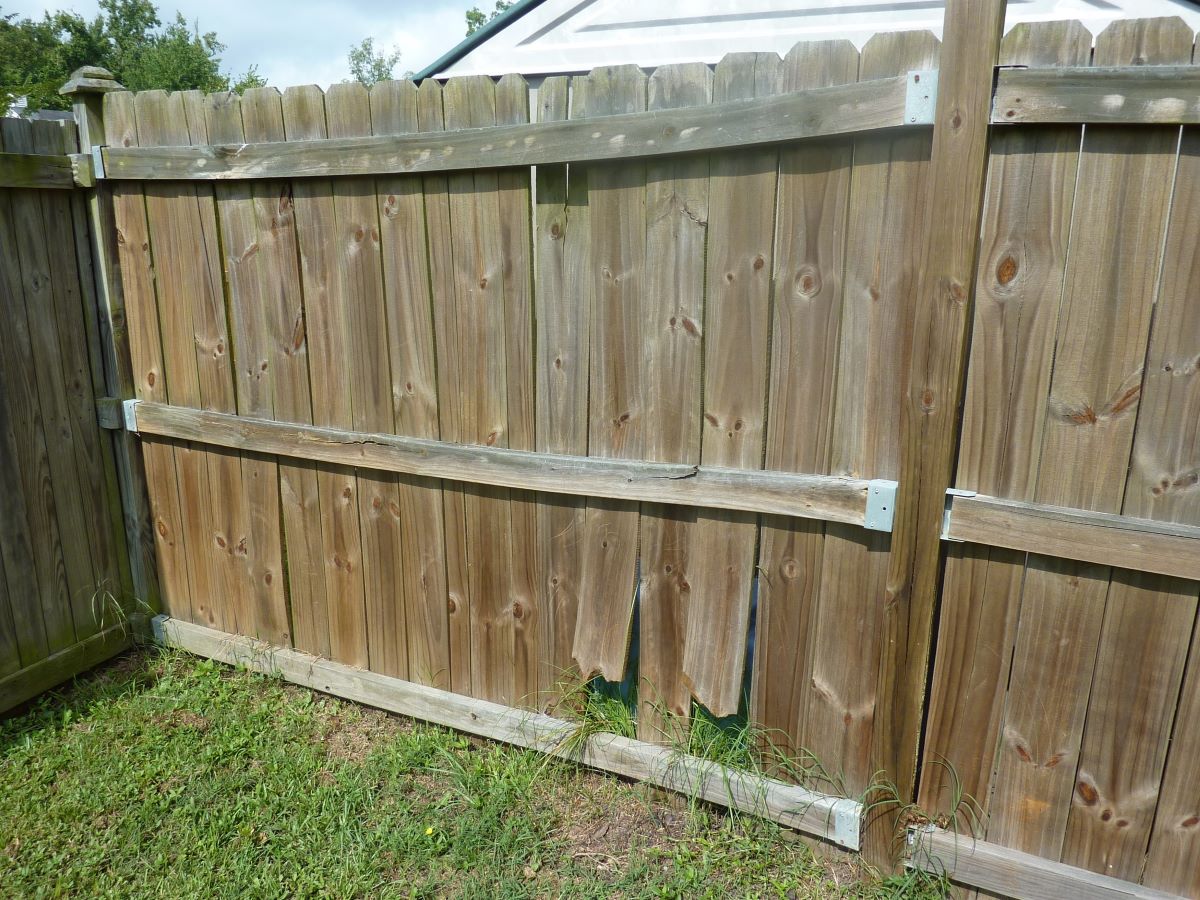
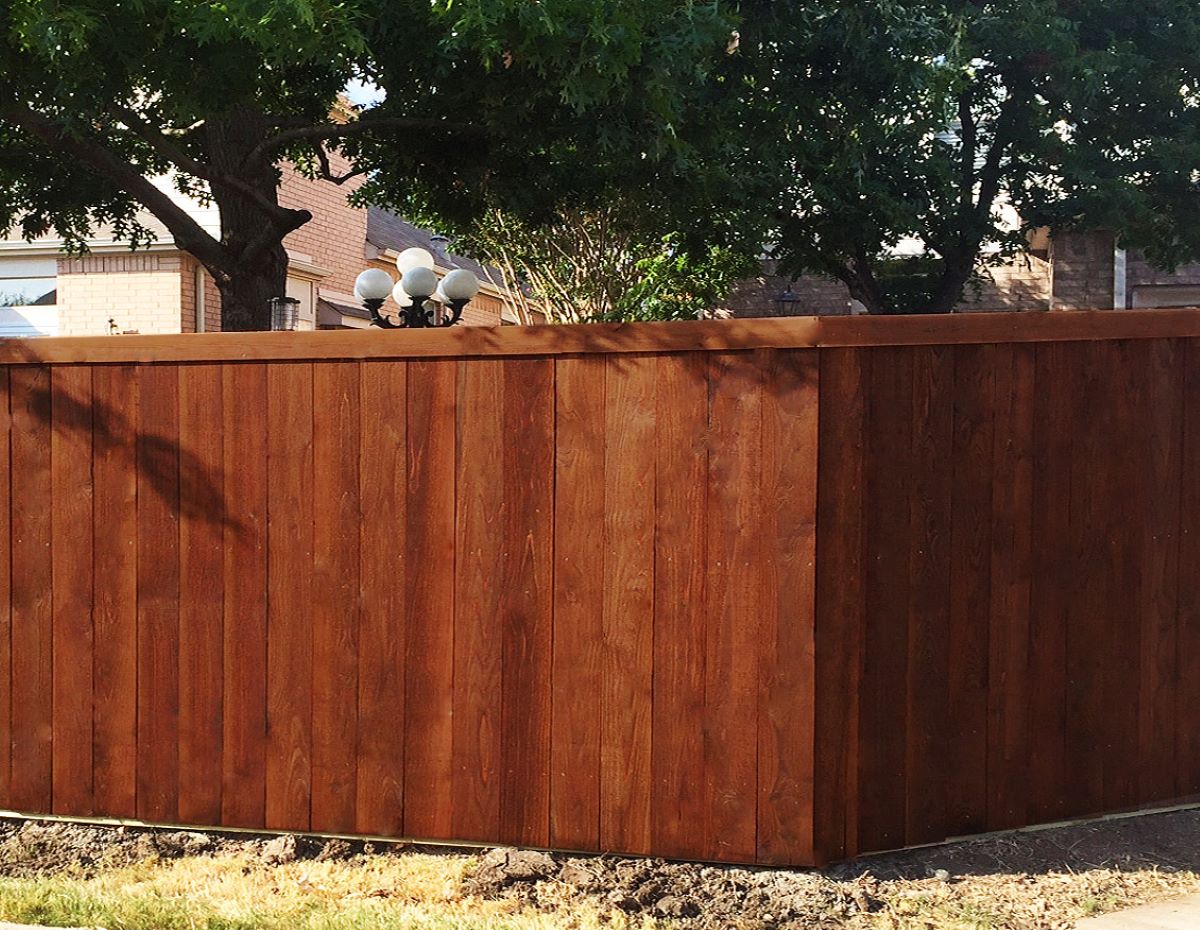
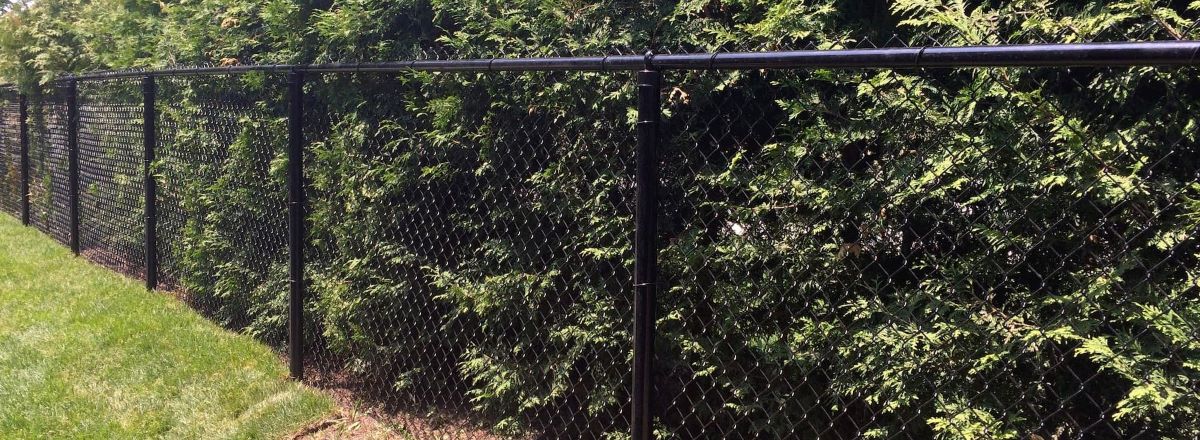

0 thoughts on “How Much Does A Barbed Wire Fence Cost”